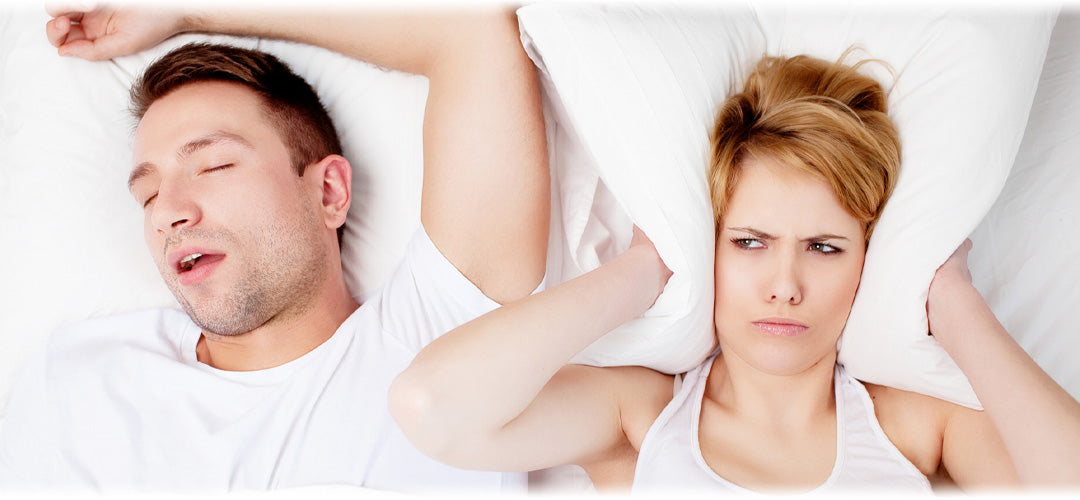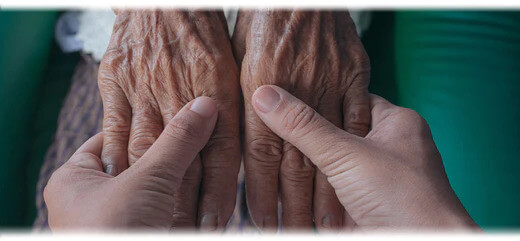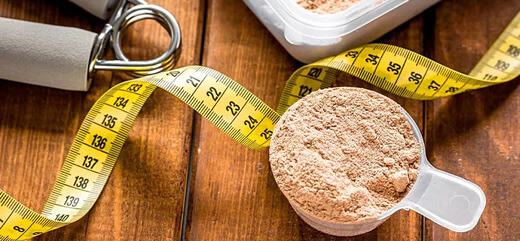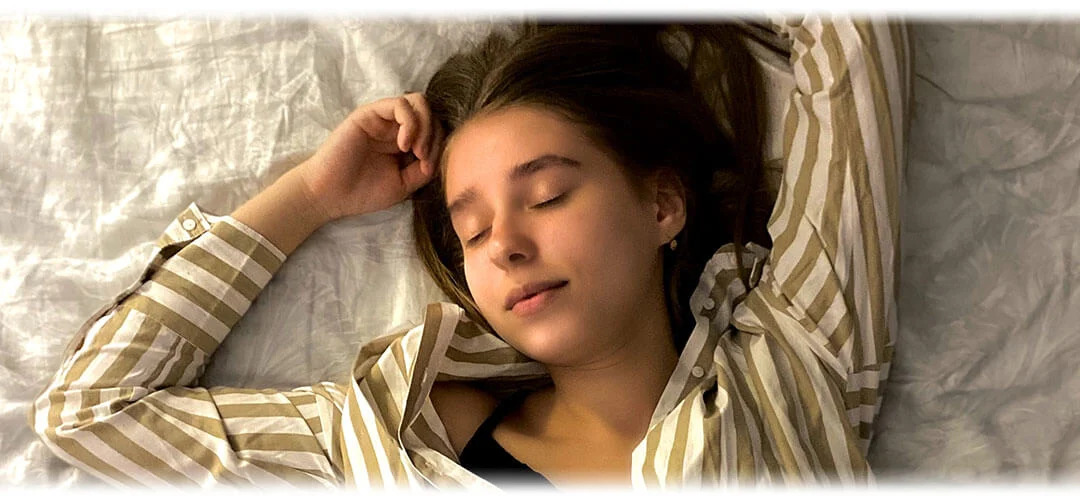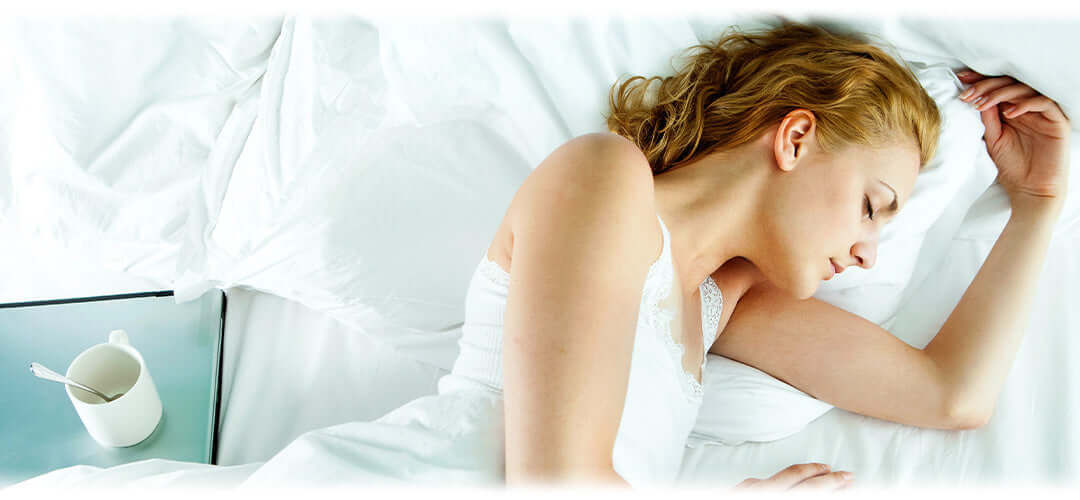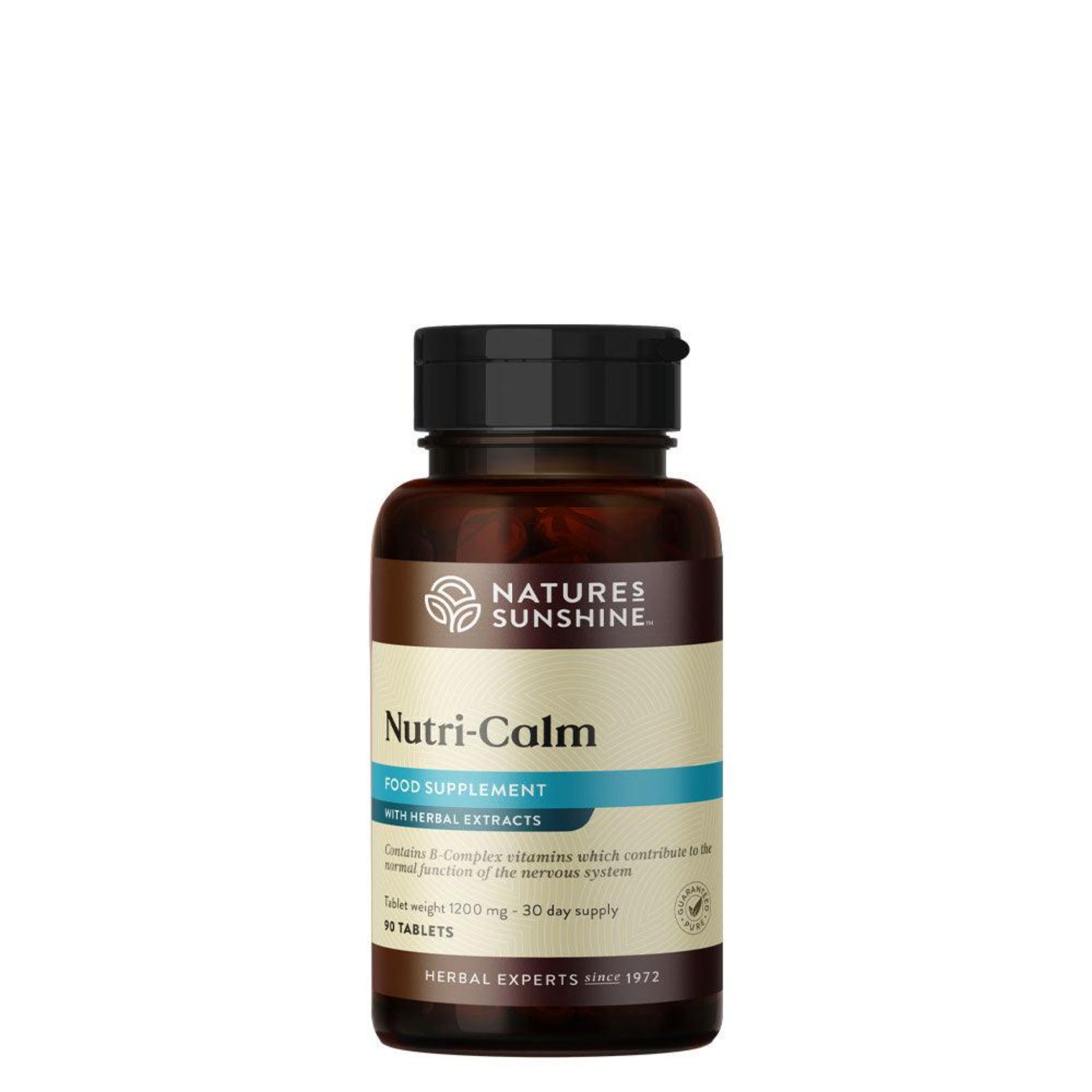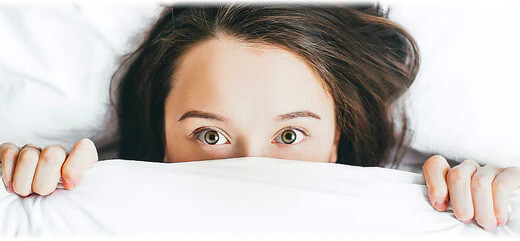
There are endless hints and tips for getting a better night’s sleep, which can work differently from person to person.
It’s common knowledge that not enough sleep can negatively impact your physical health as well as your mental wellbeing and can, in extreme cases, be very dangerous for you and those around you.
=We’ve taken a look at the importance of sleep, some common sleep problems, and a few natural ways to help you wake up feeling recharged and refreshed.
THE IMPORTANCE OF SLEEP
We often see sleep as a way for your body and mind to shut down. However, the truth is quite the opposite. While you’re sleeping, your body gets the chance to restore energy, repair cells and release essential hormones, all without you realising.
With a bad night’s sleep, you wake up feeling low, groggy and irritable. When this becomes a regular occurrence, it can heighten your risk of diabetes, high blood pressure and impaired memory and can also weaken your immune system. On average, an adult between the age of 18 and 60 should aim for at least seven hours of sleep per night for your body and mind to fully rest and recharge.
Sleep plays a major role in your physical health. Improved energy and a rebooted immune system allow you to perform daily activities much better. You will also see improvements in your mental focus and agility, as you are better able to regulate your emotions and become more productive on a good night’s sleep.
COMMON SLEEP PROBLEMS
Sleep problems affect everyone at some point in their lives and while it’s easy to dismiss not being able to sleep as simply not being tired enough, there can be some underlying causes and conditions, including:
Insomnia
Insomnia is a sleep disorder that is thought to affect around one in three people, more so in elderly people. The most common causes are noise, a room that’s too hot or too cold, alcohol, caffeine or nicotine consumption and shift work, to name a few. To treat insomnia yourself, relaxing one hour before you intend to sleep can really benefit you. Try reading a book or listening to relaxing music to let your body wind down. Also try waking up and going to bed at the same time every day to get your body and mind into a routine, after a week or so this may help you fall asleep more easily.
Snoring
Snoring is perhaps the most common sleeping problem of them all. It is the result of a rattling or snorting noise as you breathe while sleeping. The majority of people have experienced it, whether that be themselves or being around someone who does. You’re more likely to snore if you’re overweight, smoke, consume alcohol, or sleep on your back.
There are a number of devices and top tips on how to prevent and stop snoring, some that work wonders, and others that don’t make a difference. This varies from person to person. Lifestyle changes will also help you to stop snoring, such as trying to sleep on your side. Snoring is not usually caused by anything serious so there’s nothing to worry about, although you may have to ask your partner to invest in some ear plugs if you’re keeping them awake.
Restless Leg Syndrome
Restless Leg Syndrome is another common condition of the nervous system that often becomes worse in the evening and at night. It often causes the sudden involuntary jerking of the legs and arms and can affect anyone at any point in their life.
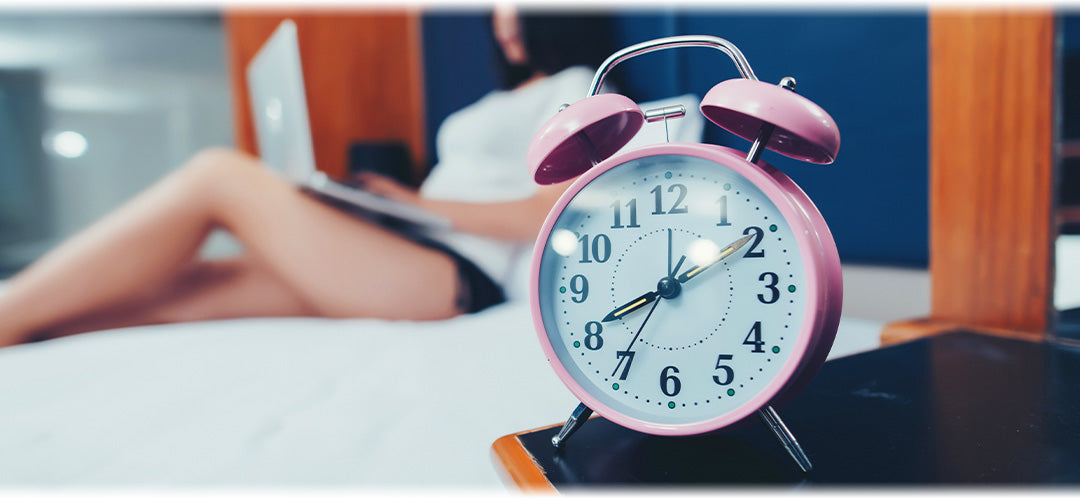
WHAT IS A NATURAL WAY TO SLEEP BETTER?
There are many articles across the internet on how to get a better night’s sleep. We’ve put together a few natural ways to help you fall asleep.
Avoid blue light
Blue light stops melatonin from being released, which is the hormone that prepares you for sleep. Phones, tablets and other electronic devices emit blue light, so when you’re scrolling through social media and the internet just before bed, this is the main reason you find it harder to drift off to sleep. Try reading a proper paper book before bed, or, if you can’t be without your phone, try changing your light settings to a softer, more orange/red light that’s gentler on your eyes.
Be consistent
Routine is everything, once your body becomes used to going to bed and waking up at the same time every day, it’ll naturally become easier to fall asleep.
Relaxation/sleep supplements
Your body regulates many things, including mood, sleep, hormones and your body’s response to illness or infection. Sometimes, supplements are needed to help with these, such as melatonin supplements to aid in falling asleep.
Cut back on your guilty pleasures
Alcoholic drinks are known to cause and increase snoring and disrupted sleep patterns, so by reducing the amount you have or cutting it out completely will only benefit you. Nicotine, caffeine and sugar, meanwhile, are stimulants which can fire up your nervous system and make you feel less tired and sleepy. So, avoid coffee, energy drinks or sweets too close to bedtime if you want a good night’s sleep. Try warm milk instead.


